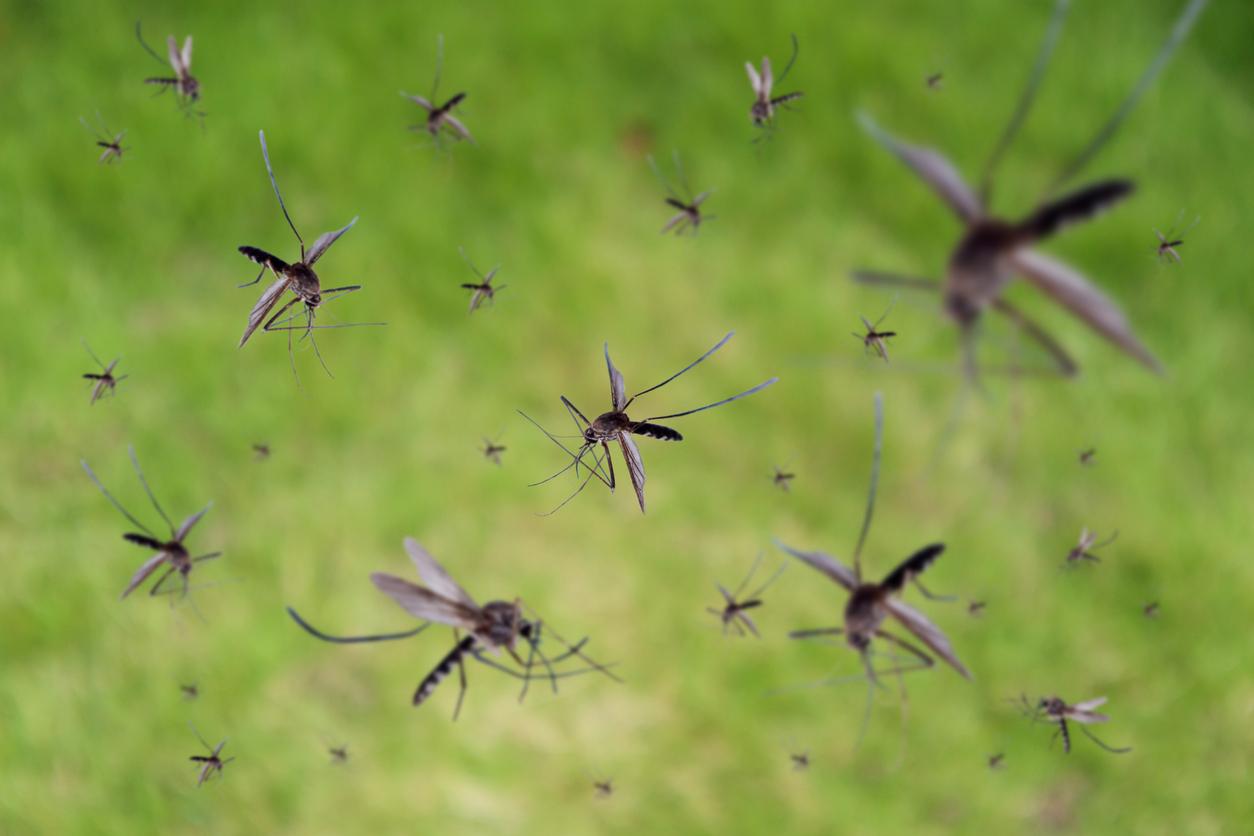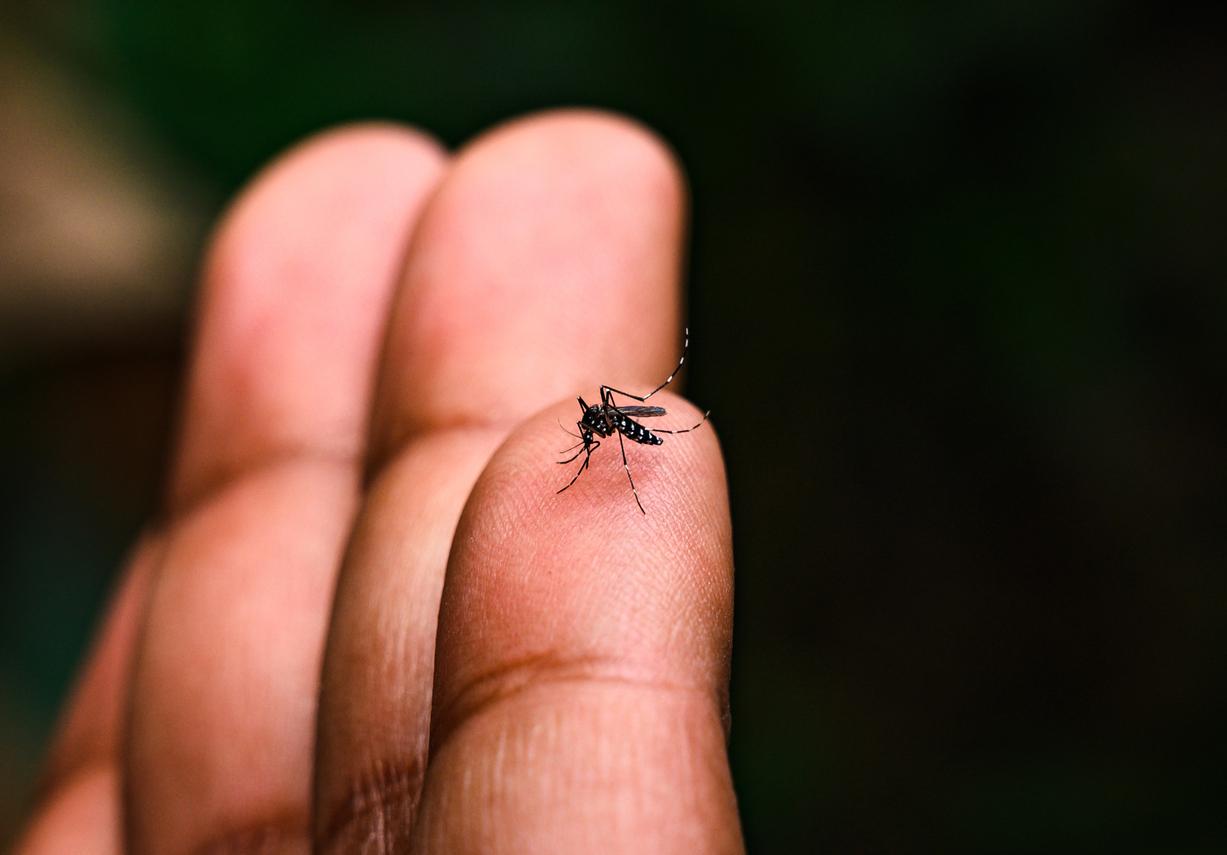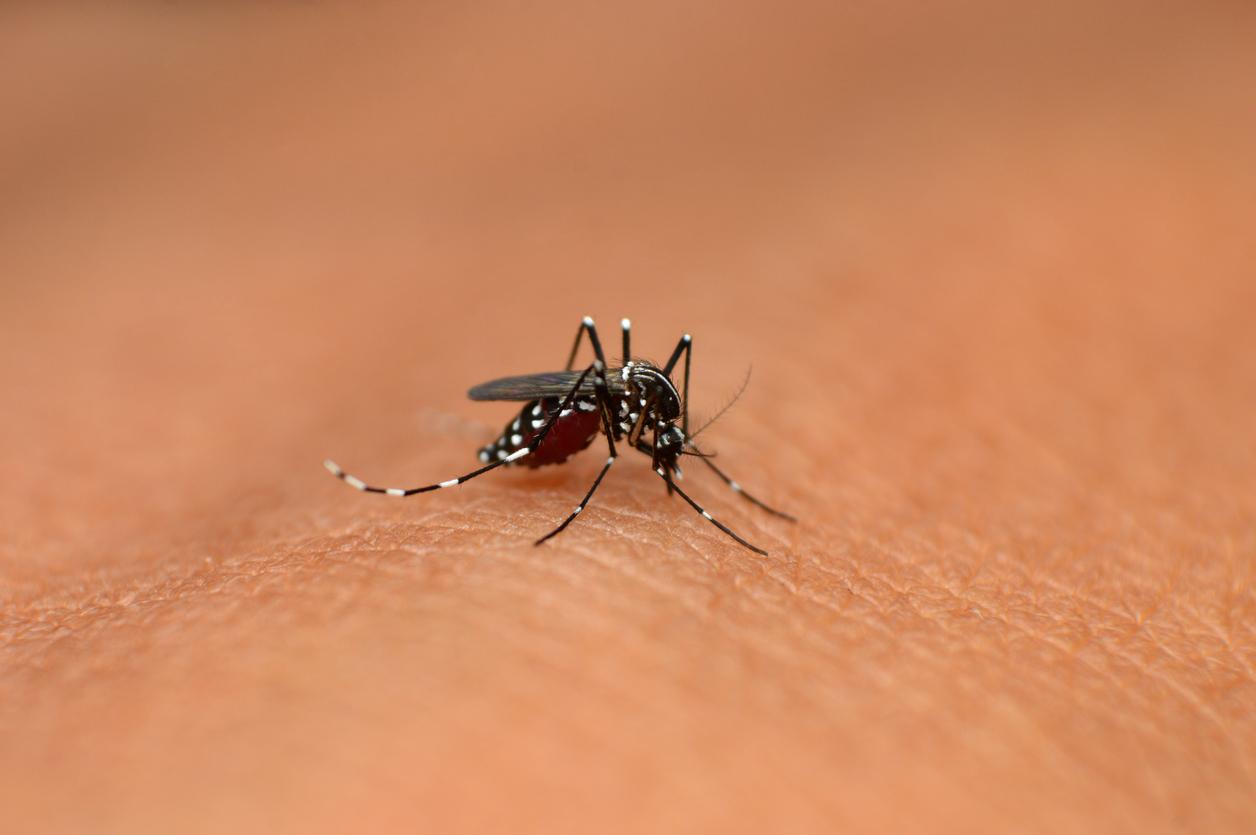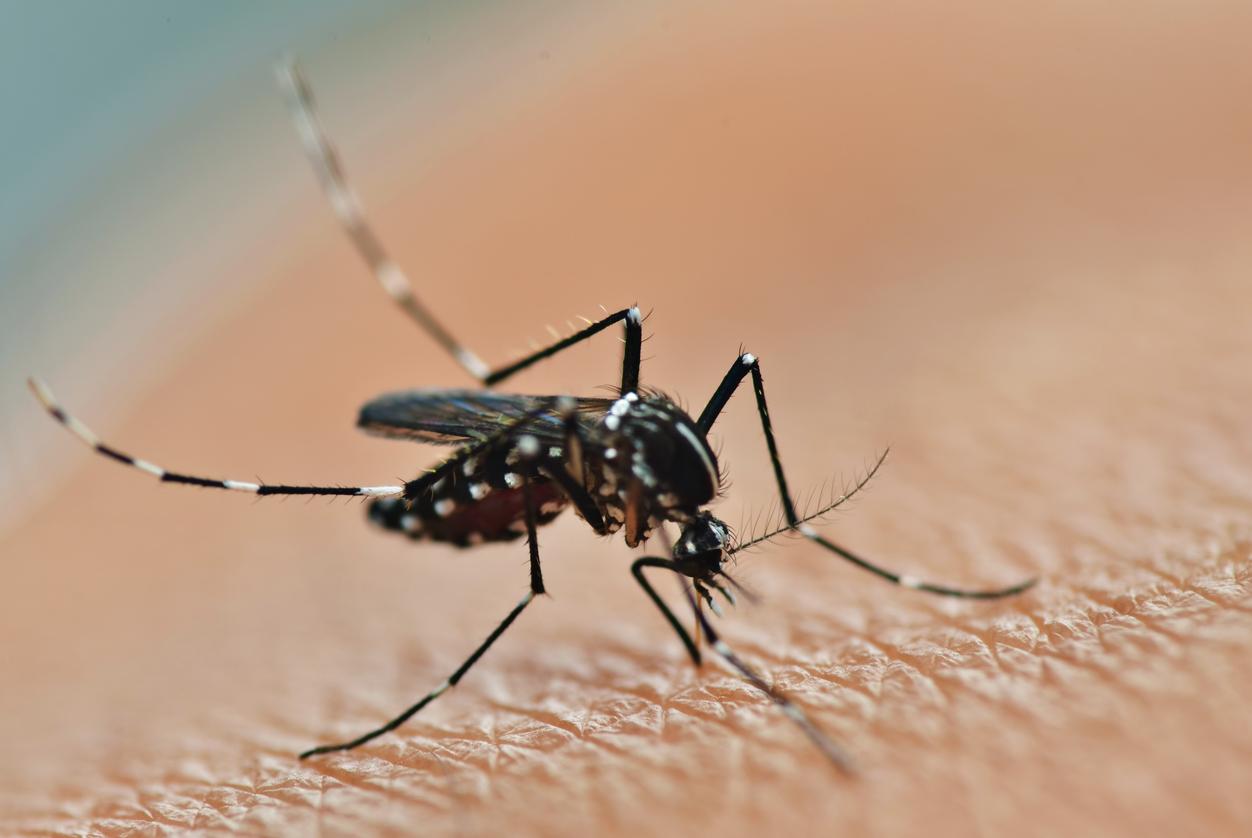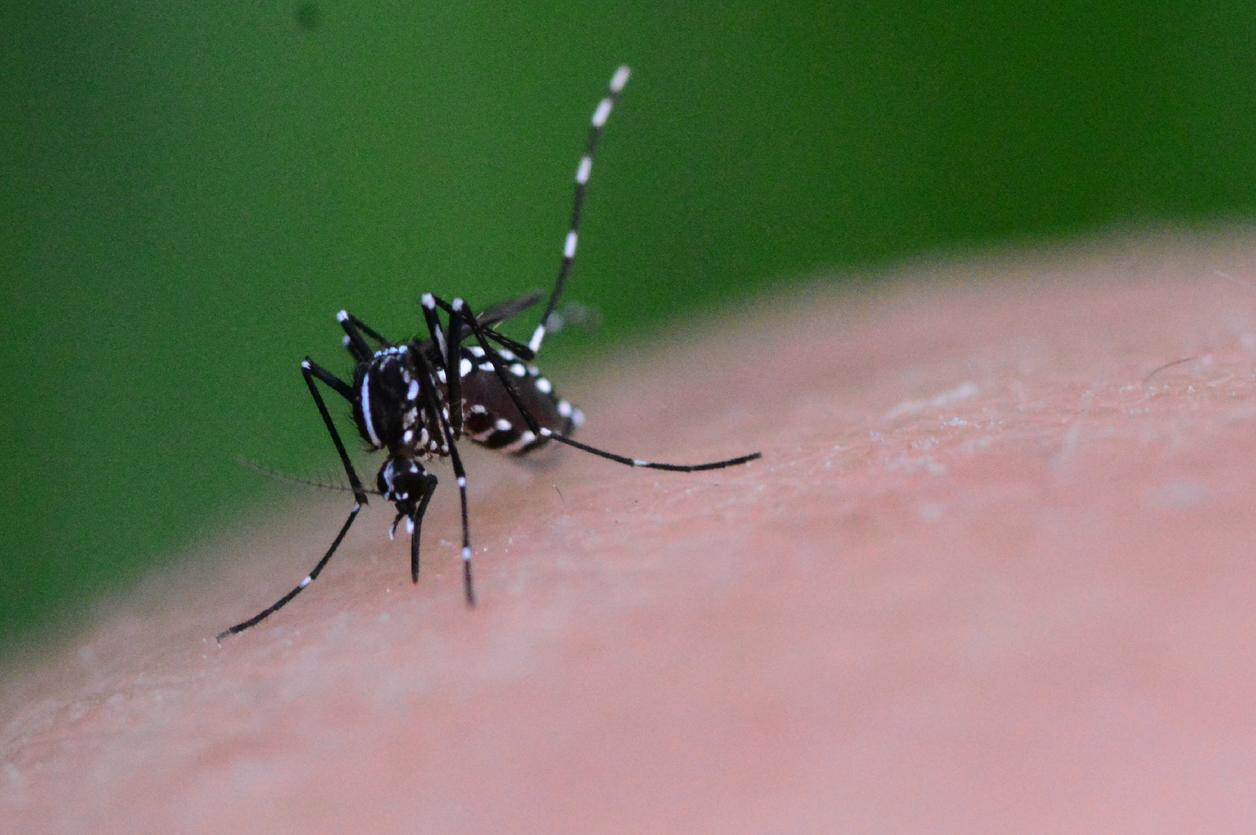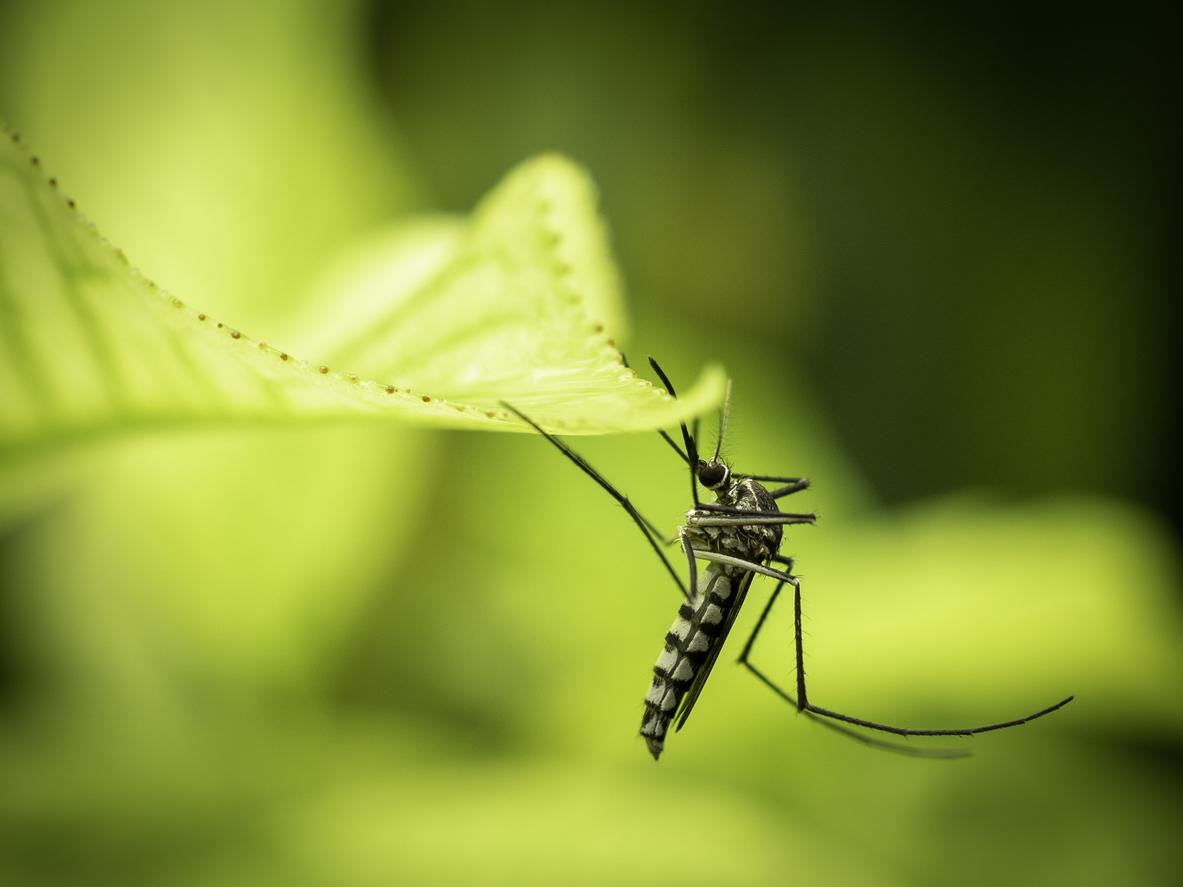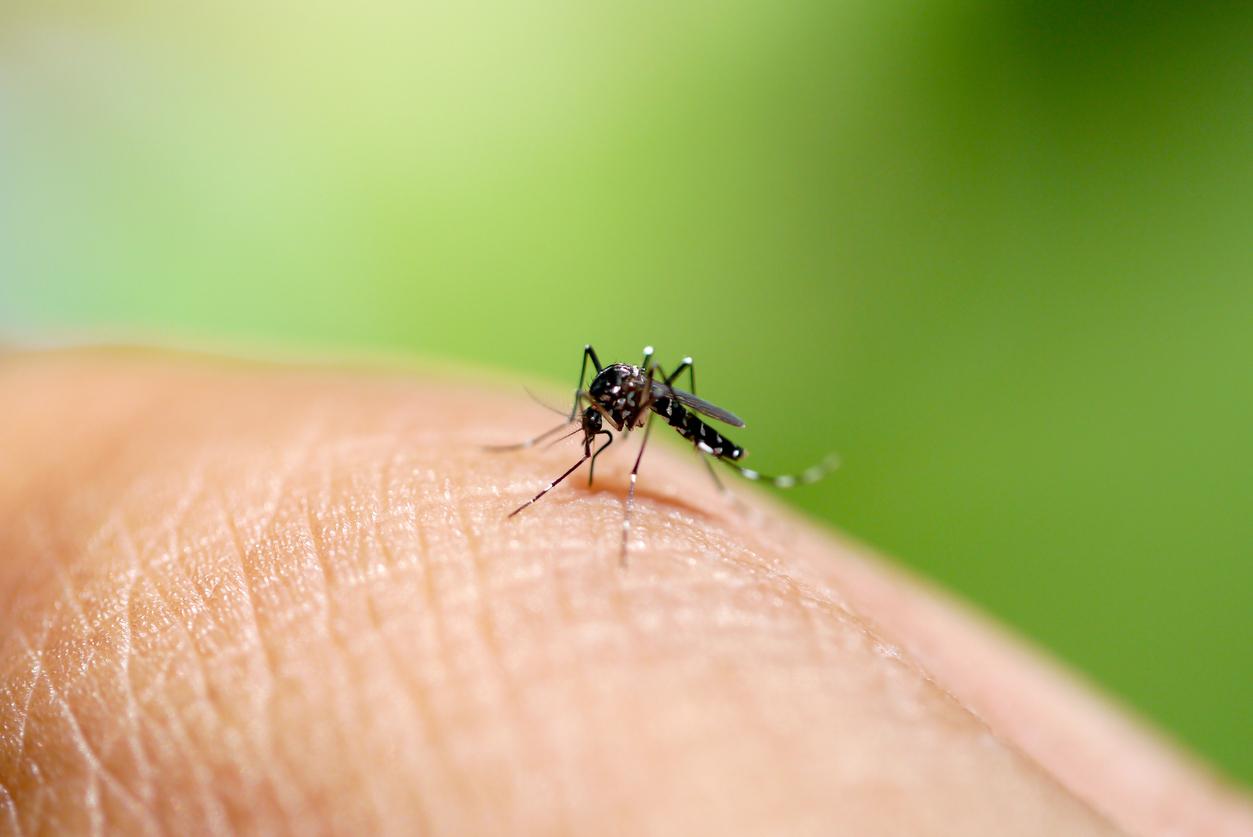This Thursday, the Languedoc-Roussillon ARS informed that 2 indigenous cases of dengue had been diagnosed in the Gard. 4 suspected cases are also under surveillance.

Now established and active in seven regions of the metropolis, the tiger mosquito is still talking about it! The Languedoc-Roussillon Regional Health Agency (ARS) has just informed that two indigenous cases of dengue have been diagnosed in Nîmes, in the Gard department (30).
We speak of an “indigenous” case when a person has contracted the disease on national territory without having, in the previous 15 days, traveled to an area where the virus is circulating.
Contacted by Why actor, Isabelle Redini, Director of the Department of Public Health and the Environment, also confides that 4 other “suspected” cases of indigenous dengue are currently under surveillance. “We invited these people to go see their doctor for a blood test. We are awaiting the results for next week, ”she explains.
8 indigenous cases since 2010
In more detail, the ARS explains in a Press release that for confirmed cases it is “for the moment a single and geographically isolated focus”. The two people live in the same house. They are to this day healed and in good health.
In addition, the ARS informs that “as soon as these cases are reported and in order to prevent any dissemination of the dengue virus, the health authorities have strengthened epidemiological surveillance measures (active search for cases with doctors and laboratories in the sector) and entomological (investigation of mosquito populations and treatment with insecticide if necessary) in the places of life, work or leisure of the persons concerned ”.
The “indigenous” threat grows
As a reminder, these two cases are in addition to the six previous indigenous cases declared in PACA since 2010. These are the first two cases in 2015.
Finally, since May 1, 486 suspected cases of dengue or chikungunya have been reported in mainland France, recently informed the Institute for Public Health Surveillance (InVS). 60 imported cases (from the West Indies in particular) have been confirmed.
A figure that does not reassure the health authorities since the mosquito Aedes is a competent vector capable of transmitting the virus, that is, of biting an infected person and then infecting itself. It will then reproduce the virus inside its own body to reinfect new people during a new bite.
.










